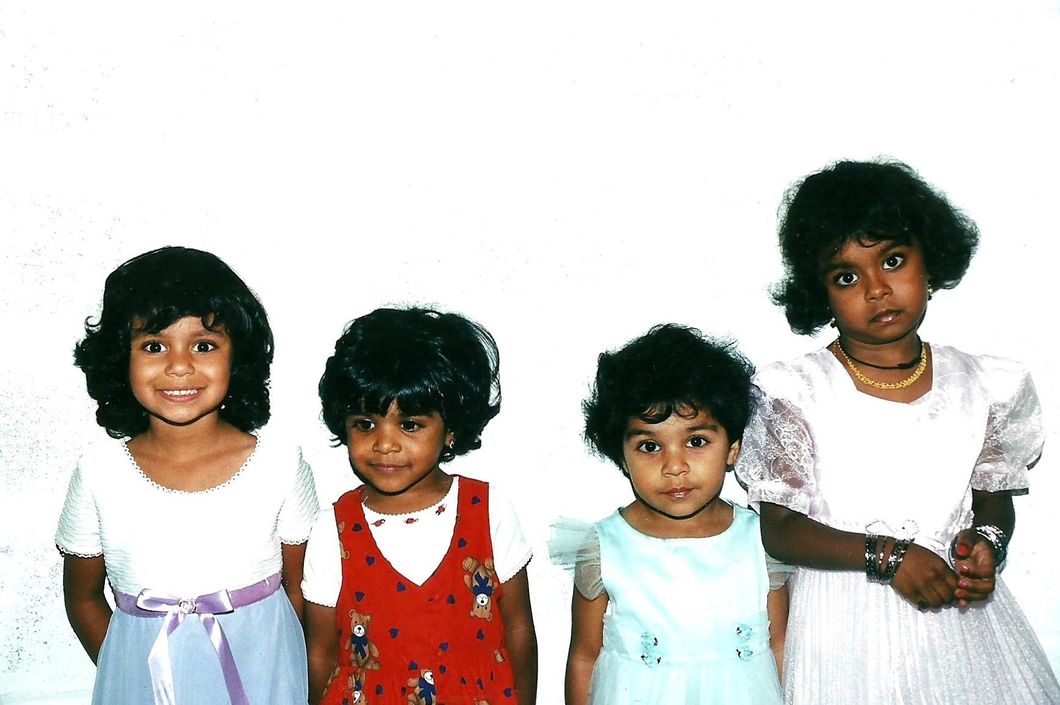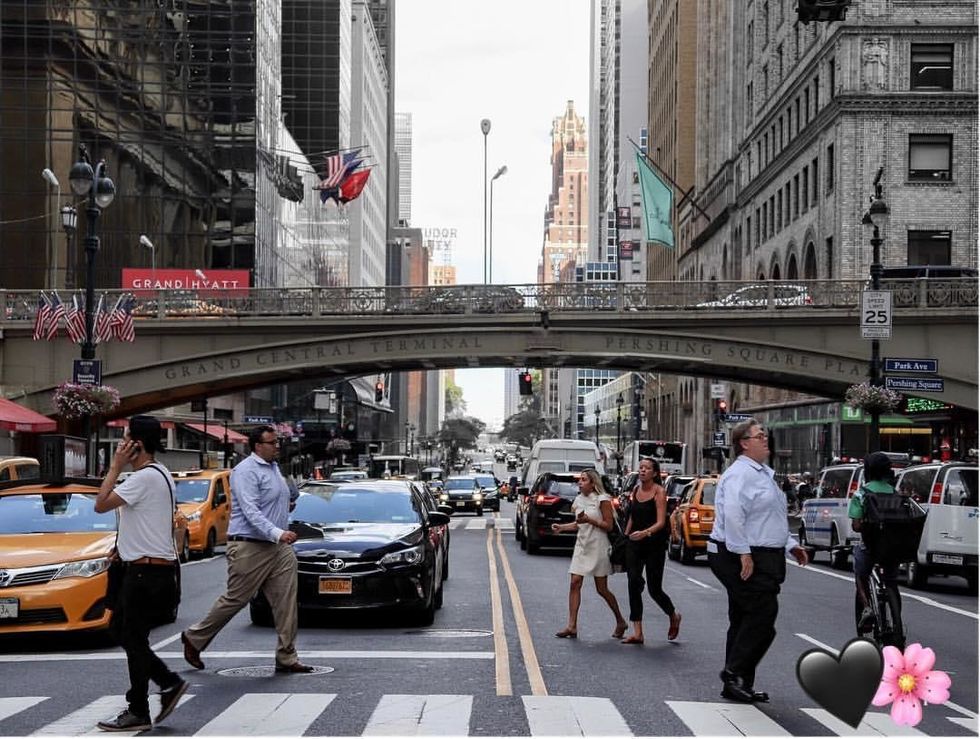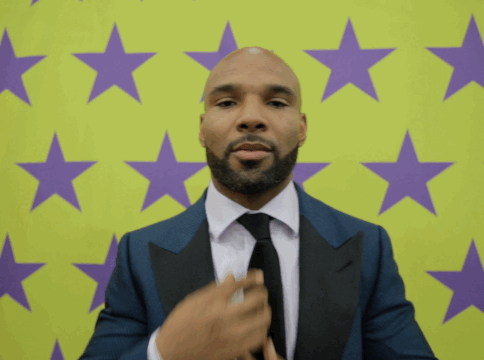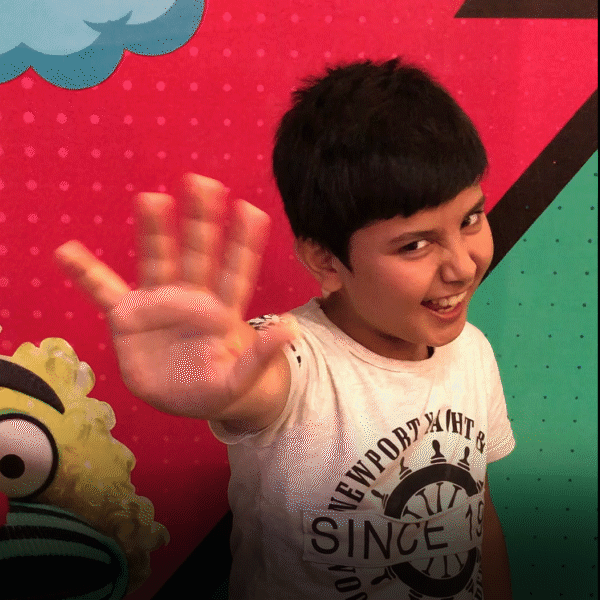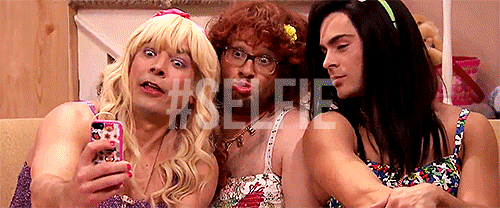My Name Is Sarah, But How I Say It Depends On Who You Are
For minorities, there is a lingering burden to conform. Many feel involuntarily apologetic about displaying their culture or ethnicity in their face, their hair, their accent, their skin, their name.
You know at least three or four girls with the name. It's one of the names you always see on a keychain at any gift store, along with a Matthew, Daniel, and Mary. Oh, the joys of having a biblical, white-normative name. That's my name, Sarah: except maybe not the Sarah you've heard before.
My parents intended for my name to be pronounced like "Sah-ra" (like "Zara" with an S). It's still spelled S-A-R-A-H. In fact, it's just the Arabic pronunciation of the same name. But the two pronunciations fundamentally shaped my experience and how I view myself. I wonder if my parents knew, with me growing up in New Jersey, how unlikely it would be that others would actually call me Sah-ra. My true name. Did they know I wouldn't correct the teacher calling my name from the roster on the first day of school? Did they realize that I'd be one of two (sometimes three) Sarahs in my elementary school classes and that I'd be referred to as Sarah A., rather than Sah-ra, to distinguish myself? I wonder if they knew how weird it would be to not know what mixture of sounds would be sung each time I hear "Happy Birthday dear..." when I sit in front of the birthday cake.
Maybe they didn't know. Or maybe they knew, and they were intentionally trying to make my life as a first-generation Indian American girl easier. You know, help me assimilate a little better.
I don't look like the other Sarahs I know. I've never felt like one of them. At the same time, I feel different from other people who were given names that align with their ethnicity (not better, just different,) There are weird feelings that are inherently built into my experience, and I can't exactly explain them to people who can't relate.
It's normal for me to have two real names. Two names that I consider are really me, at my core. It's natural for me to introduce myself as either Sarah or Sah-ra, depending on who you are. If you're family or a family friend, I'm Sah-ra. If you're anyone else, I'm Sarah. At some point very early on, I decided it was too difficult to have to tell every single person that no, they're wrong, it's actually pronounced this other, stranger way. Can you imagine doing that every time?
So that's why I'm also regular, plain-old Sarah. She's thoroughly absorbed into me.
Is it OK that my identity at any given moment is determined not entirely by me, but by those around me?
But then, isn't that how we all live? We, as American children of non-White, non-Christian, non-American parents, who feel like we don't really fit into any one category?
My name is a channel through which I recognize my various identities. The mix of complex cultural identities that first-generation Americans experience is a subject that I don't feel entirely qualified to write about. But I know that in my personal experience, it feels like all of my identities are bubbles deep underwater within myself, and they are constantly and simultaneously trying to rise to the top. It feels like when I say my name as Sarah, I am pushing my Indian and Muslim bubbles back under the water and allowing the American bubble to emerge on the surface. It's like they can't all show at once.
I definitely experience privilege with my name. I know there are hundreds of thousands of first-generation children in the West with phonetically-ambiguous names. Even my two older sisters have unique, non-Western names. I am privileged in the fact that no one has ever mocked me for having a "strange" or hard-to-pronounce name, and I can't say my "struggle" is really much of a struggle at all. It's not.
For minorities, there is a lingering burden to conform. Many feel involuntarily apologetic about displaying their culture or ethnicity in their face, their hair, their accent, their skin, their name. They struggle to justify their inherent differentness with proud displays of Westernization. It's unfortunate, but we often change things about ourselves for the comfort of others. It's our way of saying: see? We're one of you.
I can't speak for anyone else, but I know that I'm grateful for my name and all of its beautiful sounds. I like that it manages to show various sides of myself simultaneously. But in the end, what's in a name?

